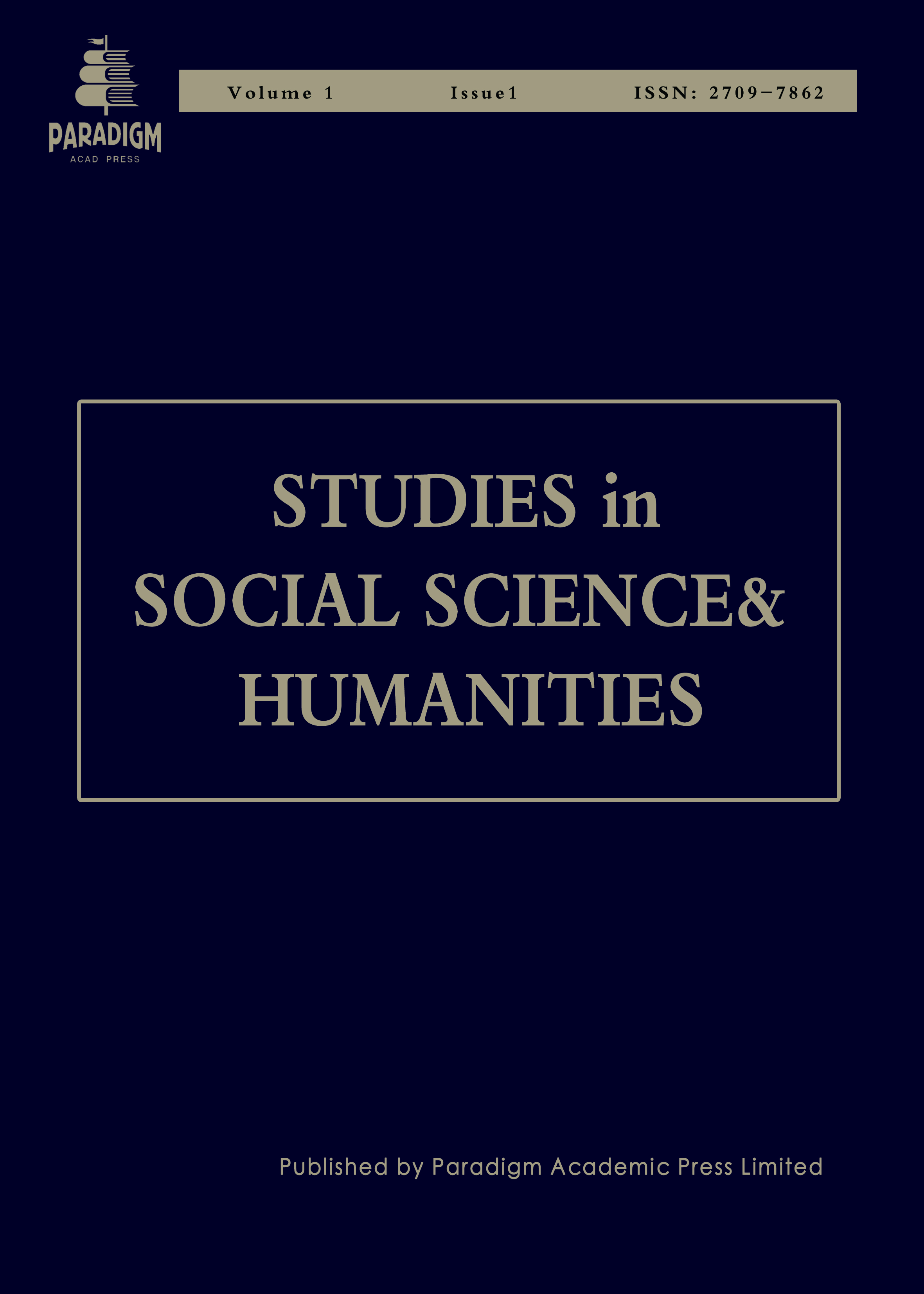The Impact of Environmental Policies on Air Quality Improvement and Public Health in Beijing
Keywords:
air quality, Beijing, environmental policies, Air Pollution Prevention and Control Action Plan, PM2.5, PM10, public healthAbstract
This paper examines the impact of environmental policies on air quality improvement and public health in Beijing. The study focuses on the “Air Pollution Prevention and Control Action Plan” implemented from 2013 to 2017, which introduced stringent measures to reduce emissions from vehicles, industries, and power plants, control coal consumption, and enhance regional coordination. The findings indicate significant reductions in major air pollutants, particularly PM2.5 and PM10, leading to improved air quality. These improvements have had substantial public health benefits, including a marked decrease in respiratory diseases. The paper also discusses the economic costs and benefits of these policies, highlighting the trade-offs between financial investments and long-term health and economic gains. Despite the challenges faced during implementation, the success of these policies underscores the importance of sustained efforts, continuous monitoring, and adaptive management to further enhance air quality and public health in Beijing.


